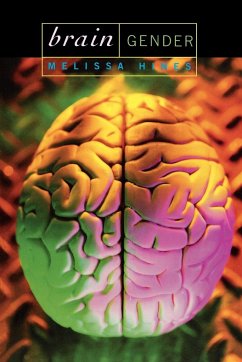Do biological factors, such as gonadal hormones, determine our sexual destiny after our genes are in place? Do they make men aggressive, or women nurturing? Do they cause boys and girls to play differently or to have different interests? Do they explain differences in sexual orientation within each sex group? Do they contribute to the preponderance of men in science or women at home? Scientists working from a psychosocial perspective would answer these questions differently than those working from a behavioral neuroscience or neuroendocrinological perspective. This book brings both of these perspectives to bear on the questions, tracing the factors that influence the brain, beginning with testosterone and other hormones during prenatal life, and continuing through changing life situations and experiences that can sculpt the brain and its activity, even in adulthood. This influence has important implications for understanding the social roles of men and women in society, the different educational and emotional issues that confront males and females, the legal rights of those whose sexual orientation or gender identity do not correspond to norms, and even standards of clinical care for people born with physical intersex conditions that make it difficult to classify a person as male or female at birth. This original and accessible book will be of interest to psychologists, neuroscientists, pediatricians, and educators, as well as the general public. It is also suitable for use in graduate and undergraduate courses on the psychology of gender or on hormones and behavior.
Hinweis: Dieser Artikel kann nur an eine deutsche Lieferadresse ausgeliefert werden.
Hinweis: Dieser Artikel kann nur an eine deutsche Lieferadresse ausgeliefert werden.








